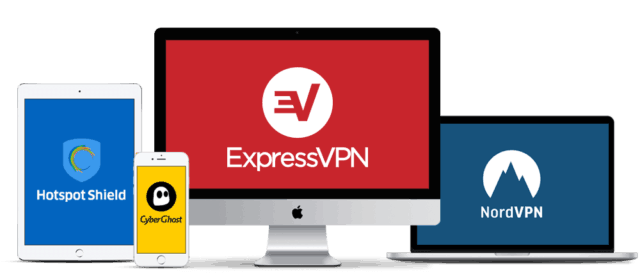
Best Free Vpn For Iphone And Mac
Last Updated: December 21, 2018 Whether you want to protect your data and privacy online or access websites that are restricted in your region, a Virtual Private Network (VPN) is definitely your best option. But choosing the best VPN software for Mac isn’t easy nowadays with so many options available.
How to compare two excel files in office 2010. Choosing the best virtual private network (VPN) is a tough and often an all too confusing process. Look for a VPN provider that offers a free trial so that you can test it out for a week, as well as How to choose the best VPN for your iPhone, Mac and iOS can be broken down into a few easy questions.
Download hp envy 4500 drivers software for mac os x download. Mac users are increasingly being targeted by cybercriminals and VPNs are an extremely cost-effective way to protect yourself from eavesdropping, theft of passwords, logins and financial data. VPNs also allow you to access sites that may be blocked by your office, educational institution, Internet Service Provider (ISP) and enable you to stream content on sites such as Netflix, Hulu, BBC iPlayer or via Kodi that may be blocked in your region. However, there are definitely some VPN services that are better than others and some that work well with macOS compared to others. The good news for Mac uses is that the VPN market has never been more competitive with. We’ve tried and tested the 13 best VPN services that work on Mac and give you our opinion on the best ones to use for 2019.
What is a VPN? A Virtual Private Network (VPN) is basically a “tunnel” that masks your location and encrypts or re-routes your internet traffic. This has three main advantages: • Your internet usage and IP address remain anonymous or at the least, very difficult to trace. • Your internet activities are encrypted so that no one, including your ISP or even VPN provider can intercept and read anything you submit over the net (including which apps you’re using at any one time).
• You can access websites or unlock streaming services that may be geo-blocked in your region. For most people though, the number one reason for using a VPN is privacy protection. In the early days of the internet, there was far less tracking by both internet service providers, advertisers, search engines and authorities. However, as the internet developed and invaded every facet if our day-to-day lives, this situation changed until most people are tracked one way or another from the minute they turn on a computer or mobile device until the moment they switch it off. In which situations is a VPN useful? A VPN can be useful in a variety of circumstances but the most common are: • To protect your privacy either on a public WiFi point or from your Internet Service Provider (ISP) at home.
Particularly if you access a WiFi network in a coffee shop or hotel for example, there are no guarantees that the network is secure. Your login details for banking and passwords for other sites are at risk if someone is listening in. Just because a WiFi connection is protected by a password, does not mean it is a secure. A hacker can “listen in” to your Mac’s communication between the WiFi network and your Mac and steal data. These attacks are often known as. • To get around geo-restrictions.

Many websites, apps and services have content that is only accessible in certain countries such as Hulu and Netflix in the USA and the BBC iPlayer in the UK. A VPN can allow you to to circumvent these restrictions by making the app think you are accessing it from an authorized region. So for example, if you want to access US Netflix on Hulu outside of the US, a VPN can help you do so. Some sites forbid streaming of their content outside of specific countries or regions though so you should also be aware of this too. • To access a closed network from another location.
For example, if you want to work at home or away from the office, a VPN can allow you to do so. By logging into the VPN, you can access your office network securely as if you were in the office. Office VPN networks are usually setup by your office administration team and don’t involve commercial VPN services that are featured here as this can also be achieved with. Note that although a proxy can perform some of these functions, a VPN is not the same thing as a proxy.